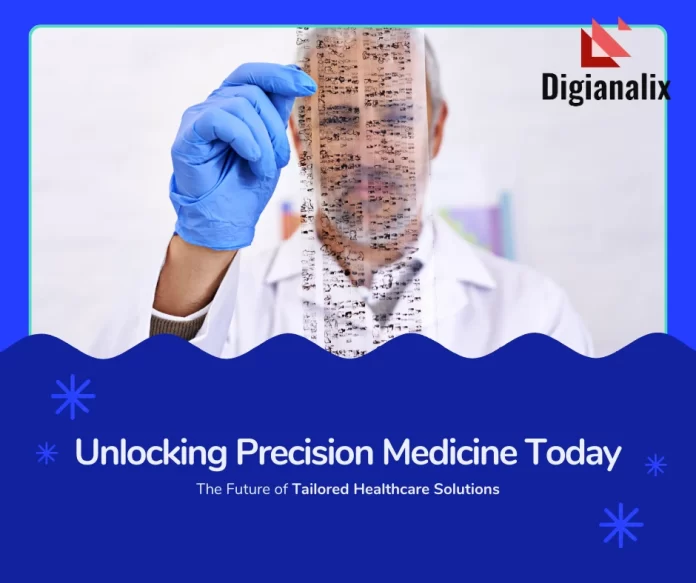Imagine visiting your doctor and receiving a treatment plan designed just for you—tailored to your genetic makeup, lifestyle, and medical history. This is the promise of precision medicine, a revolutionary approach to healthcare that is rapidly becoming a reality. At the core of this transformation is bioinformatics, a field that combines biology, computer science, and data analysis to uncover valuable insights from genetic and molecular data.
How Bioinformatics is Driving Precision Medicine
Bioinformatics is essential for processing and interpreting vast amounts of biological data. Here’s how it’s shaping the future of medicine:
- Genomic Sequencing & Analysis: By decoding an individual’s DNA, bioinformatics helps identify genetic mutations that may lead to diseases like cancer, diabetes, and neurological disorders. This allows doctors to recommend targeted therapies rather than generalized treatments.
- Pharmacogenomics: Not everyone responds to medication in the same way. Bioinformatics helps predict how a patient will metabolize and react to drugs, reducing adverse effects and improving treatment effectiveness.
- Multi-Omics Integration: Combining genomics, proteomics, and metabolomics data enables researchers to develop highly personalized treatment plans based on a complete biological profile.
- AI & Machine Learning in Medicine: Artificial intelligence analyzes complex datasets to detect disease patterns, suggest therapies, and even assist in early diagnosis, making healthcare more precise and efficient.
Real-World Impact of Bioinformatics in Medicine
Several breakthroughs in precision medicine are already benefiting patients:
- Cancer Treatment: Genetic profiling of tumors allows oncologists to select targeted therapies, improving survival rates and reducing side effects.
- Rare Genetic Disorders: Whole-genome sequencing helps diagnose conditions that were previously unknown, enabling early intervention and personalized care.
- Heart Disease Prevention: Personalized risk assessments based on genetic and lifestyle data help doctors recommend tailored preventive measures.
Challenges & Ethical Considerations
Despite its potential, precision medicine comes with challenges: ❌ Data Privacy & Security: Protecting patient genetic data from misuse is crucial. ❌ High Costs & Accessibility: Advanced genetic testing remains expensive, limiting its availability to certain populations. ❌ Ethical Dilemmas: The knowledge of genetic risks raises questions about insurance, employment, and psychological impact.
What’s Next for Precision Medicine?
The future of precision medicine looks promising, with advancements in CRISPR gene editing, AI-driven diagnostics, and improved data security solutions. As the field continues to evolve, we can expect more precise, affordable, and widely accessible treatments.
With bioinformatics leading the way, medicine is becoming more personalized than ever. What are your thoughts on the future of healthcare? Let us know in the comments!
🔬 Explore more on precision medicine and bioinformatics at Digianalix!




